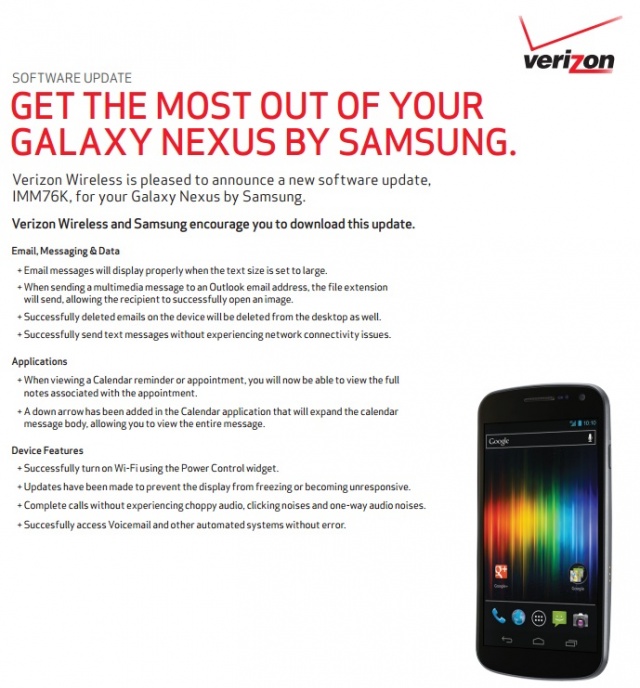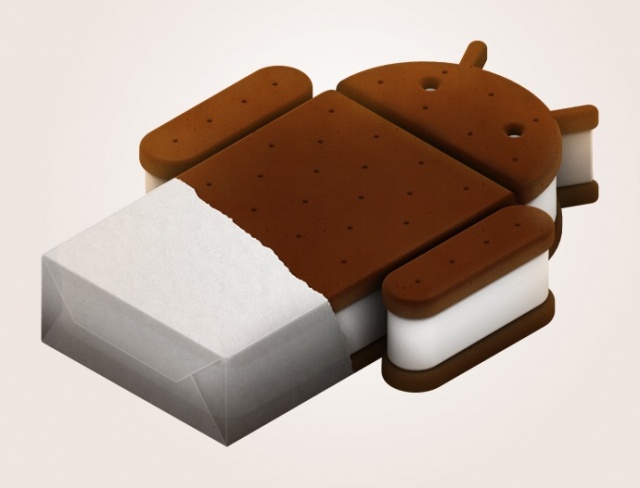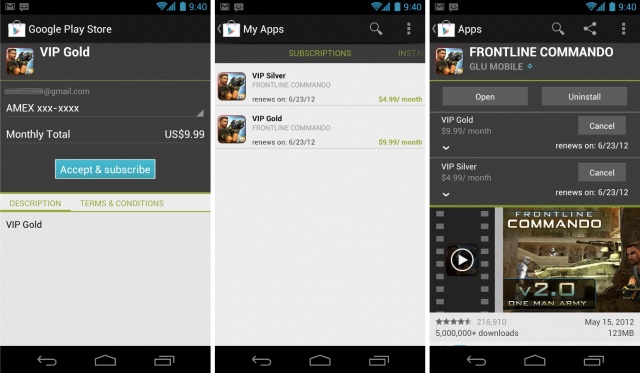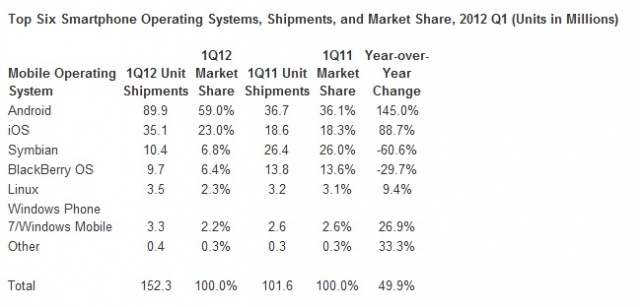Verizon Galaxy Nexus owners have been waiting, for what seems like an eternity, for Android 4.0.4 to hit their device. Google passed it along to Verizon months ago, but for some reason, Verizon just recently got around to approving it. Sure, we’ve seen it leak a couple of times, but never anything official from Verizon — until today.
We have to share this next bit of information because, unfortunately, Google does not. There’s been an ongoing issue with Google Wallet, NFC, and its secure element. Since devices that carry the three are far and few between, you may not have heard much about the issue. However, it has made its way back into the spotlight thanks to an unfortunate owner of a newly released HTC EVO 4G LTE.
The Ice Cream sandwich rollouts are beginning to make the rounds as we get closer to the summer months, and today, Sony has started pushing out Android 4.0 to the Xperia Arc and Xperia Neo. So far, Sony has kept their promise of updates, with the exception of the Xperia PLAY, which had to be canned after extensive testing proved the release to be unstable. Not only has the Xperia Arc and Neo begun receiving Ice Cream Sandwich, but a slew of other devices which were previously updated to 4.0.3, are now being bumped up to Android 4.0.4.
Mo’ Money, Mo’ Money: that’s what developers can start chanting thanks to Google finally adding in-app subscriptions to Google Play. It’s been a year since they introduced in-app billing into the now Google Play Store and it’s opened a whole new avenue of monetization for developers. In fact, 23 of the 24 top-grossing apps in Google Play use in-app billing. Naturally, the next step was to add in-app subscriptions, unlike the one-time buying model of current in-app purchases, subscriptions allow developers to sell recurring content or features on a monthly or yearly basis.
Here we go again, more numbers, more Android and iOS domination. According to IDC, 8 out of 10 smartphones shipped in the first quarter of 2012 included either iOS or Android. Android continues to lead the pack with a total of 59% of the 152.3 million smartphones shipped, while iOS accounted for 23% respectively. Combined they populate 82% of the smartphone market, up 27.6% since Q1 2011. These numbers are an amazing testament to Android’s growth as well as iOS’s stability (which is amazing considering they only have a few devices).







